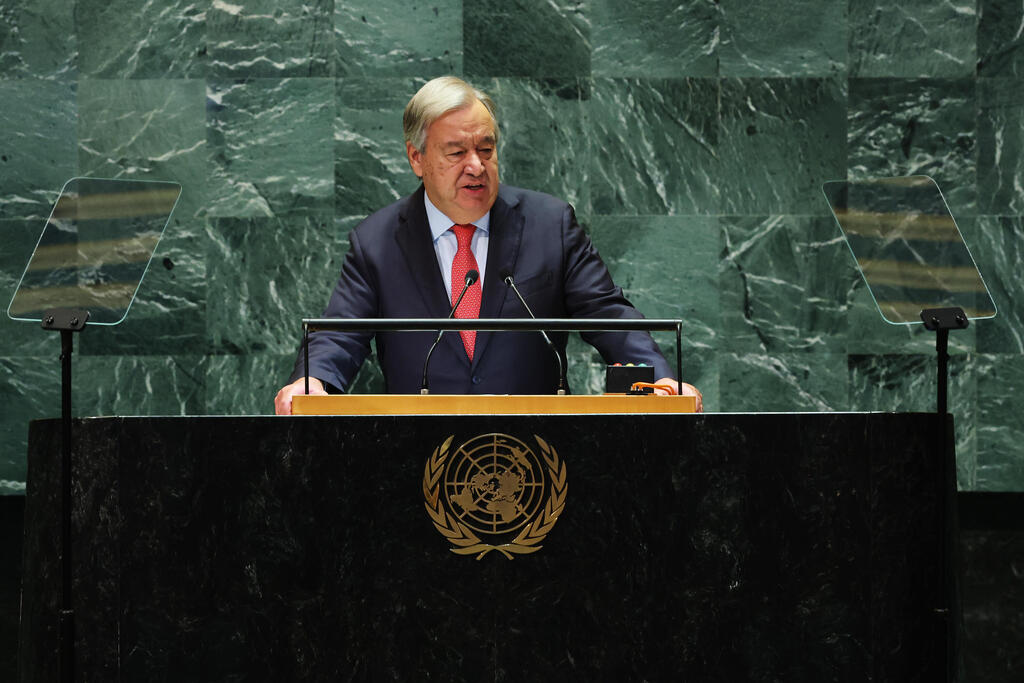Getting your Trinity Audio player ready...
Tensions between Israel and the United Nations escalated after Jerusalem rejected UN Secretary-General António Guterres’ proposal to appoint Finland's former foreign minister Pekka Haavisto as the UN Special Coordinator for the Middle East.
Israel dismissed Haavisto’s nomination and requested alternative candidates, a decision that now awaits Guterres’ next steps, including consultations with the Palestinians and the UN Security Council.
Israel reportedly opposes Haavisto’s candidacy due to his close ties with Guterres, his advocacy for a two-state solution, and past criticism of Israeli policies. Officials fear his appointment could exacerbate existing tensions between Israel and the UN.
Haavisto, a seasoned diplomat with extensive international experience, has served in various high-stakes roles, including UN investigations in Kosovo and as the EU’s representative in Sudan and Somalia.
Haavisto would replace Norwegian diplomat Tor Wennesland, who recently ended his four-year tenure. Wennesland played a crucial role in mediating between Israel and Hamas, notably averting conflicts through humanitarian measures. However, his efforts failed to prevent the October 7 attacks by Hamas, which marked a turning point in his tenure.
Get the Ynetnews app on your smartphone: Google Play: https://bit.ly/4eJ37pE | Apple App Store: https://bit.ly/3ZL7iNv
Before departing Israel in December, Wennesland candidly criticized the international community’s failure to achieve meaningful political solutions, citing a misplaced focus on short-term humanitarian relief over lasting political resolutions.
In an interview with The New York Times, Wennesland admitted misjudging Hamas’ intentions, saying, “Politics failed. Diplomacy failed. The international community failed. And the parties failed.” His remarks highlighted the growing skepticism among diplomats regarding the feasibility of a two-state solution, warning that such doubts could embolden opponents of Palestinian statehood.



